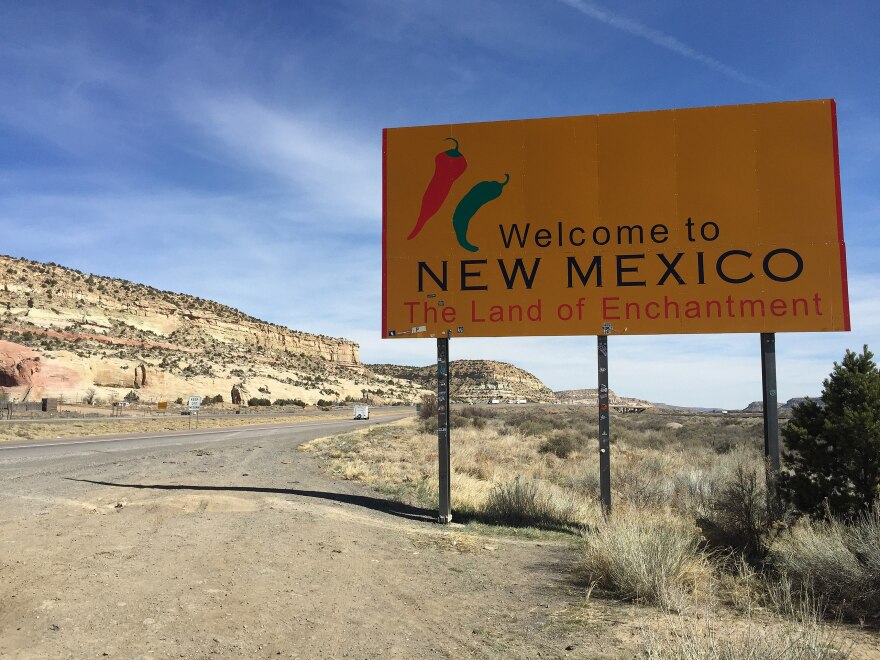The number of abortions performed in New Mexico has more than tripled since the Supreme Court overturned Roe v. Wade in 2022. That’s according to a new study that says interstate travel across the country continues to grow for the procedure.
New Mexico has seen one of the most dramatic increases in abortion care in the country because of demand from out-of-state patients.
Isaac Maddow-Zimet is a data scientist at the Guttmacher Institute, a research and policy organization that has collected data on abortion services since Roe v. Wade was enacted. He said the first half of the year saw a huge increase in abortion-related travel.
“It's clear that the increase is largely because of the bans that states have put in place post-Dobbs, which have really left people without opportunities to get care in their own communities and force people to travel often very far to be able to get an abortion,”
He said three quarters of abortion patients in New Mexico in the first half of this year came from outside the state, and mostly from states with bans. The number of abortions in the state has also increased 279% since 2020.
Maddow-Zimet said the increase in abortion funds, telehealth options and other recent measures meant to help pregnant people get access to the procedure have likely also contributed to the increase.
“There's questions that we have about whether that is sustainable in the long term, but it's unquestionably helped a lot of people – both people who are traveling and people who are having abortions within their own state,” he said.
He also said that states like California, New Jersey or New York that do not share a border with states that have bans in place aren’t seeing as many travelers seeking the procedure as states like New Mexico that do.
This coverage is made possible by the W.K. Kellogg Foundation and KUNM listeners.






